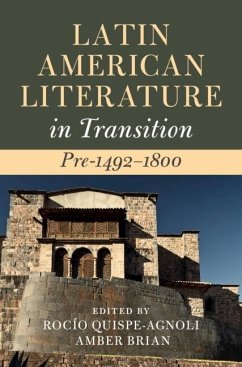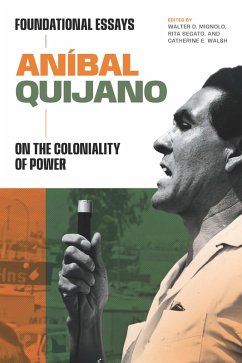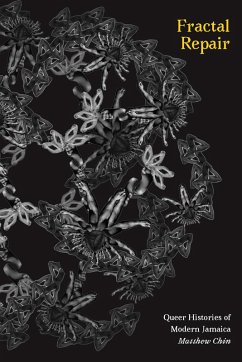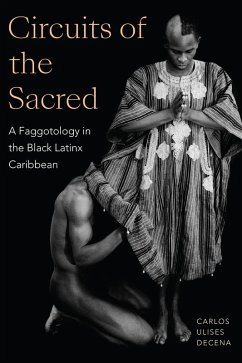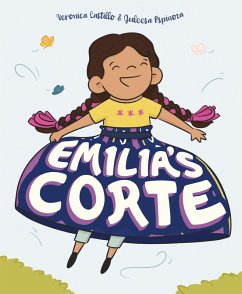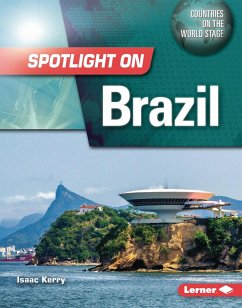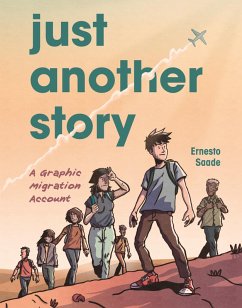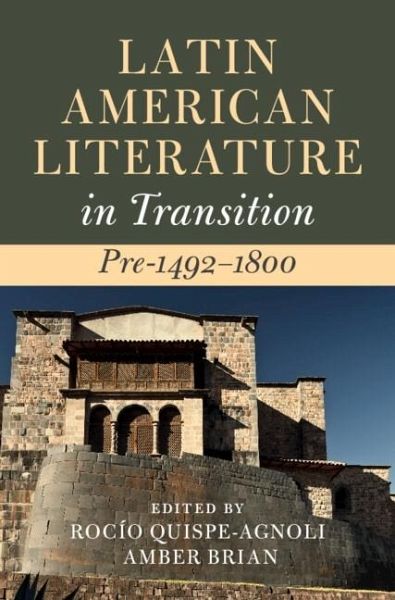
Latin American Literature in Transition Pre-1492-1800 (eBook, PDF)
Versandkostenfrei!
Sofort per Download lieferbar
83,95 €
inkl. MwSt.
Weitere Ausgaben:

PAYBACK Punkte
42 °P sammeln!
The year 1492 invokes many instances of transition in a variety of ways that intersected, overlapped, and shaped the emergence of Latin America. For the diverse Native inhabitants of the Americas as well as the people of Europe, Africa, and Asia who crossed the Atlantic and Pacific as part of the early-modern global movements, their lived experiences were defined by transitions. The Iberian territories from approximately 1492-1800 extended from what is now the US Southwest to Tierra del Fuego, and from the Iberian coasts to the Philippines and China. Built around six thematic areas that underl...
The year 1492 invokes many instances of transition in a variety of ways that intersected, overlapped, and shaped the emergence of Latin America. For the diverse Native inhabitants of the Americas as well as the people of Europe, Africa, and Asia who crossed the Atlantic and Pacific as part of the early-modern global movements, their lived experiences were defined by transitions. The Iberian territories from approximately 1492-1800 extended from what is now the US Southwest to Tierra del Fuego, and from the Iberian coasts to the Philippines and China. Built around six thematic areas that underline key processes that shaped the colonial period and its legacies - space, body, belief systems, literacies, languages, and identities - this innovative volume goes beyond the traditional European understanding of the lettered canon. It examines a range of texts including books published in Europe and the New World and manuscripts stored in repositories around the globe that represent poetry, prose, judicial proceedings, sermons, letters, grammars, and dictionaries.
Dieser Download kann aus rechtlichen Gründen nur mit Rechnungsadresse in A, B, BG, CY, CZ, D, DK, EW, E, FIN, F, GR, HR, H, IRL, I, LT, L, LR, M, NL, PL, P, R, S, SLO, SK ausgeliefert werden.




